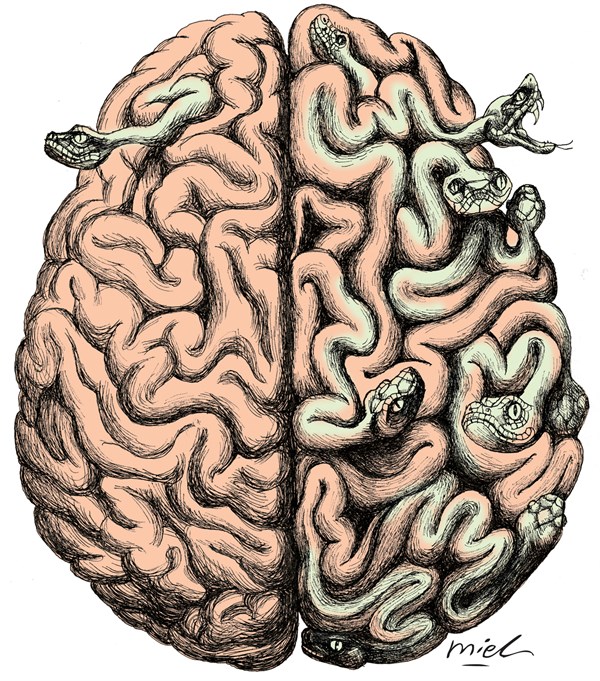
Last week in
After the victim escaped from his assailants and was found on the streets by a police officer, a
President Obama was likewise initially hesitant to label this cruelty as a racially motivated hate crime -- which was odd given the president's prior readiness to jump into and editorialize about racially charged cases such as those of Harvard Professor
Yet it is hard to imagine what additional outrages the
Many in the media still sought to downplay that classification.
"I don't think it's evil," editorialized CNN anchor
What are the lessons from all the verbal gymnastics concerning "hate crimes"?
Sadly, we are learning that the labeling of hate crimes has become so politicized and ill-defined that the entire concept is unworkable.
The idea of identifying hate crimes gained currency in the 1980s, when reformers wanted lighter penalties for most criminal offenses but also wished to increase punishment for criminal acts that were deemed racist, sexist or homophobic. So hate crimes emerged as new enhancements to criminal punishment, as a way to tack on stiffer penalties for affronts to liberal society at large.
The rationale for designating hate crimes relied on force multipliers in criminal sentencing -- such as premeditation that can make murder a first-degree offense. But after years of confusion, how do we consistently and fairly define perceptions of bias or hate as a catalyst for criminal violence?
After all, crimes such as murder and rape are already savage and brutal by nature. Is the killer who shouts bigoted epithets more dangerous to society than the quiet sadist who first tortures his murder victim without comment?
It can be dangerous to redefine a single criminal act as a hate crime against society, given the incentives for manipulation and political distortion.
Recently there arose a spate of reported fake hate crimes in which supposed victims complained that their race or religion earned them violent responses from bigots, suggesting a post-election epidemic of intolerance. Authorities often found that the victims had concocted their stories, either to enhance their political agendas and their own sense of victimization, or simply to win attention and perhaps compensation.
Again, who or what defines a hate crime?
When fanatical Army Maj.
Progressives originally envisioned hate-crime legislation as focusing mostly on a white majority that presumably had a monopoly on prejudice. But FBI hate-crime statistics show that African-Americans commit a disproportionately large share of hate crimes.
The media usually associate religious hate crimes with offenses against Muslims, and warn against endemic "Islamophobia." Yet statistically, Jews, not Muslims, are the far more frequent victims of religious hate crimes.
Americans can now reasonably wonder whether a reported hate crime might have been staged. In November, for example, a black church in
Sometimes hate-crime status is added to a crime not on the basis of clearly evident prejudice but based on the race of the offender and victim, as the political spin that follows the crime seeks to make larger indictments against society.
In our hypersensitive and litigious society, too many agendas have warped the once-noble idea of hate-crime legislation. It has become a fossilized relic of the 1980s that was well-intended, became incoherent and politicized -- and now should be scrapped.
Comment by clicking here.
Victor Davis Hanson, a classicist and military historian, is a senior fellow at the Hoover Institution and a recipient of the 2007 National Humanities Medal.


 Contact The Editor
Contact The Editor
 Articles By This Author
Articles By This Author